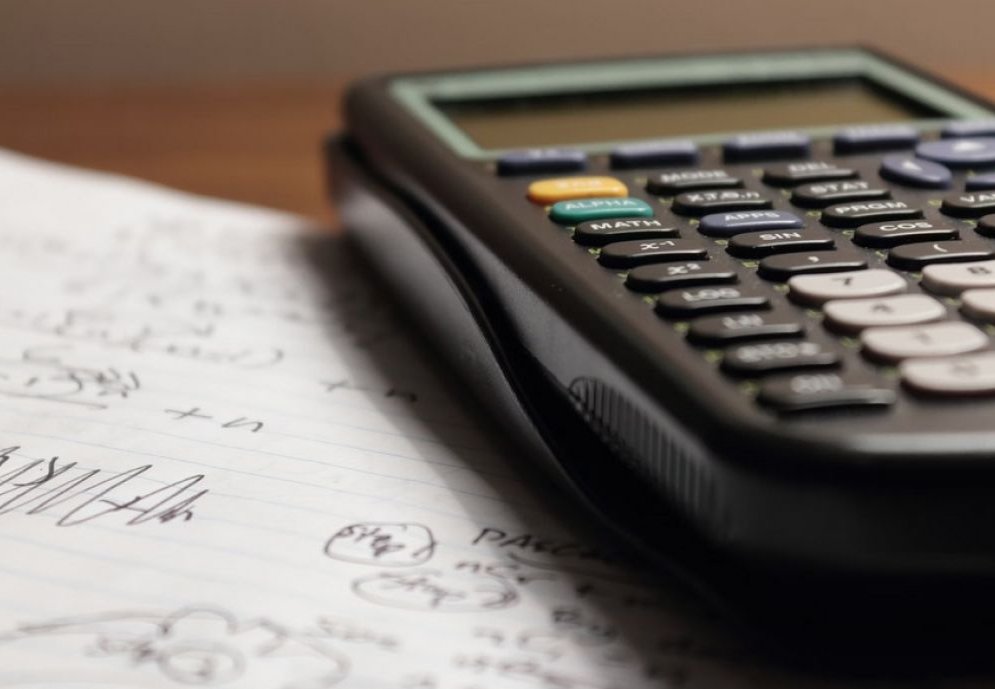

Fermi-task: plastic bottle waste in school extrapolations
Learning outcome
Students
- can collect and analyze data.
- can interpret results in context and draw conclusions for their personal lives.
- can prove that drinking water in glass bottles can save money.
- can argue why drinking water is beneficial for both health and the environment.
Regarding math:
- Pupils can perform basic arithmetic operations with natural numbers in everyday applications.
- Students can justify the limits of arithmetic in the natural number set and the need for an extended number set (for subtraction and division).
Time required
1 lesson for creating the project plan
Longer period for collecting
2 lessons for counting the plastic bottles, calculating and evaluating the data
1 lesson for interpreting the results and raising awareness of ecological, economic and health aspects
Tools or equipment
Access to plastic bottle waste (ideally separate collection bin).
Activity description
Topic: Collection and analysis of data on plastic bottle consumption and the benefits of drinking water
-
Collect and count the plastic bottles:
After a short introduction and explanation, the children consider how, when and where they would like to carry out the collection. It is a good idea to choose another class of average size and track the plastic bottle consumption over a certain period (e.g. one week by counting the plastic bottles in the designated garbage can).
-
Counting the plastic bottles, calculating and evaluating the data:
The plastic bottles collected are counted. Calculations can then be carried out and a selection of the following questions can be answered:
- How many bottles is that per month?
- How many bottles per school year?
- How many bottles does the whole school consume in a week/month/school year?
- How much does a pupil consume on average?
- (Possible extension for higher grades à Fermi task: How many bottles are there in all local schools? How many schools are there in my locality/country?)
-
Interpretation of the results and sensitization of the ecological, economic and health aspects:
The results are now interpreted. This phase can be organized in a variety of ways: Group discussions, expert panel, frontal teaching, ... The following questions can serve as orientation:
- What costs are incurred by the purchase of plastic bottles at the school?
- What are the costs of buying plastic bottles for one person?
- How could savings be made?
- Does a glass bottle pay off? From when?
- How much could you save by buying a glass bottle once and reusing it?
- Are there any health benefits?
- How much sugar do we “save”?
- What impact does buying plastic bottles have on the environment?
- How much waste is produced by plastic bottles?
- (Possible extension for higher classes à Fermi task: Calculate the volume of waste at school/in my town/country?)
Tips how to implement the topic to school curriculum
Maths - Competence area 1: Numbers and measures
- interpret, represent and compare natural numbers and non-negative decimals and fractions.
- carry out and interpret arithmetical operations with natural numbers and non-negative decimals; carry out rough calculations.
Maths - Competence area 4: Data and chance
- collect, organize, present and read data from different forms of presentation.
Photo fromAaron Lefler on Unsplash
